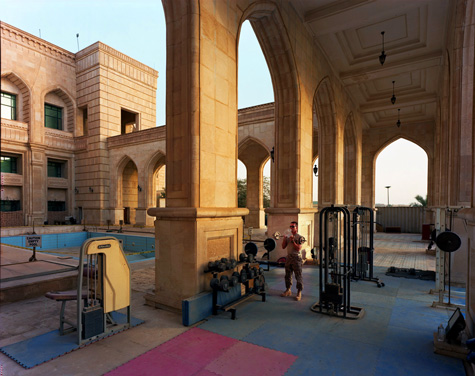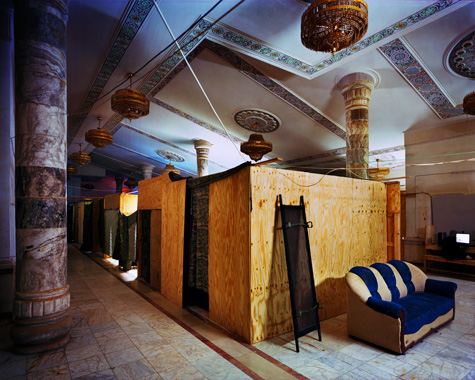Dr. George was director of research for the State Board of Antiquities and Heritage when United States troops and their allies invaded Iraq. He fought through blocked bridges, explosions and troops to report to the museum in the chaotic days afterward, finding he could not persuade American troops to protect it because no order had been issued to do so.George's tireless work to recover artifacts and secure help for Iraq's heritage was heroic, and put his life in danger. He was an excavator and a scholar with a distinguished career and many publications on He left Iraq in 2006 after death threats against him and his family. He behaved admirably in abominable conditions, and did a lot to salvage the wholesale destruction of Iraq's heritage because of the hallucinatory narcissism of American neoconservatives. I met him briefly in 2005 - he was kind but looked very, very tired. I hope wherever he is he has found some rest.
An estimated 15,000 artifacts were stolen, less than a tenth the initial guesses. Working with Col. Matthew Bogdanos of the Marines to investigate the thefts, they recovered half the stolen the artifacts, partly by granting looters amnesty.
Dr. George soon became head of the museum, then chairman of the antiquities board, replacing a cousin of Saddam Hussein. He slowly put the museum back together, rebuilding damaged walls, fixing the plumbing, installing guard houses and much else. He obtained aid from Italy to build a new Assyrian hall and started a conservation training program.
His 2006 interview with Cindy Ho of Saving Antiquities for Everyone gives a sense of the man and his achievements:






